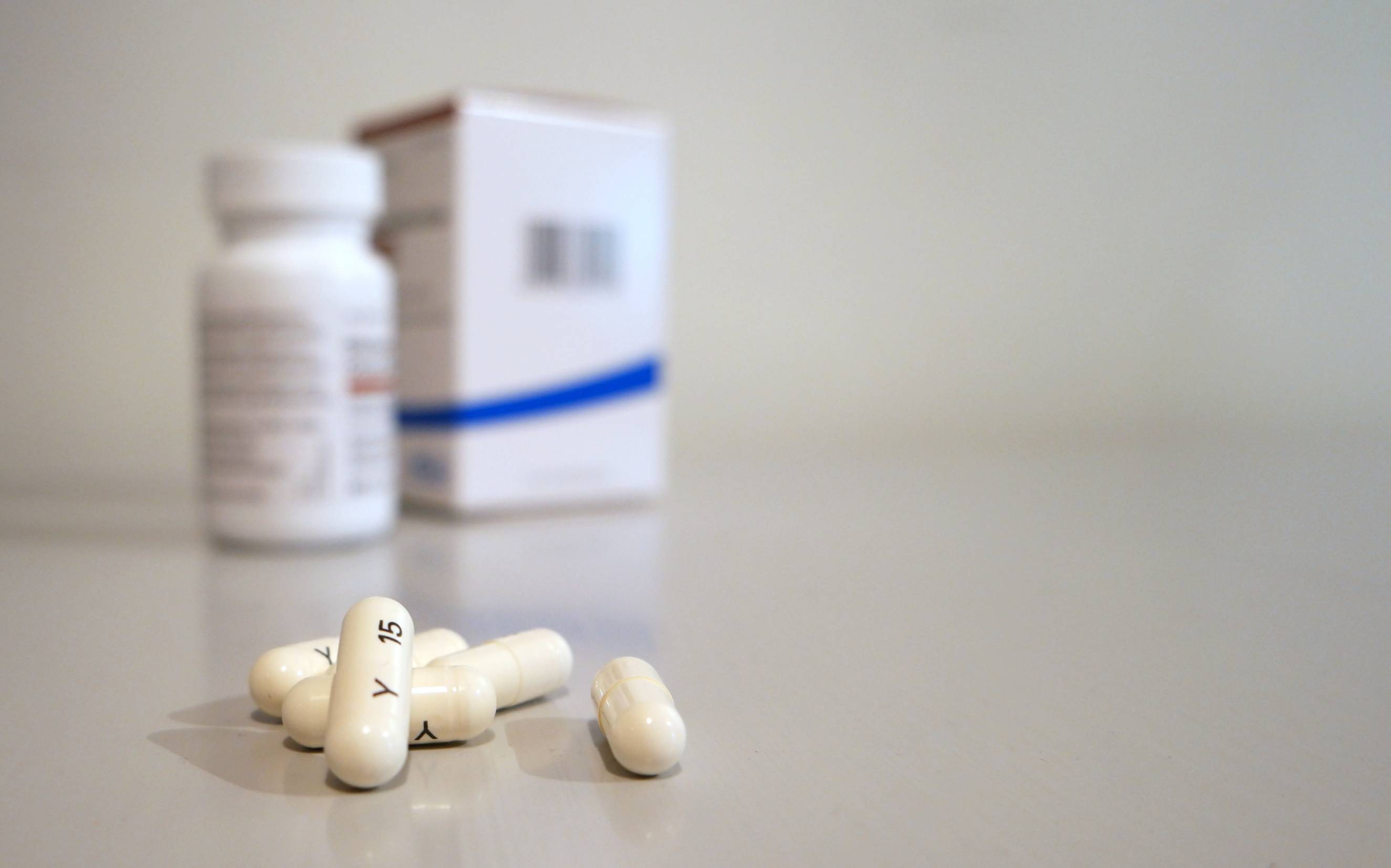Research identifies link between addiction recovery and nutrition
Sarah Flores | October 11, 2018

It is commonly suggested that vitamins can help ease various ailments, including those related to mental health, but where these assumptions came from was a question that plagued Dr. Christopher Jenney - so much he decided to put those hypotheses to the test.
Years later, Jenney’s emerging research at Texas State shows the surprising keys to recovery may actually be found in our food, through vitamins and minerals, unearthing new potential treatment options and identifying gaps in care during the ongoing cycle of addiction.
The research has never been more timely, as recent CDC estimates indicate drug overdose killed at least 11,000 more people in 2016 than the year prior.
What recovery looks like today:
To understand how the research could give new hope to addicts and their loved ones, it is important to first grasp how drugs affect the brain.
“Drugs take over reward, or dopamine-producing, pathways in the brain,” explains Jenney, who began researching the links during his neuroscience thesis, adding, “what health care providers have discovered is over time the brain is permanently altered to rely on sustained dopamine levels.”
Recovery is a battle every day. However, when addicts decide to go into recovery, they are often treated with amino acid therapies, which only help in the initial stages of coming off the drug. These methods fill the void of a high by prompting the brain to produce some of the dopamine, empowering an addict to break the initial cycle of drug use. After the initial recovery cycle ends, risk of relapse is heightened as addicts readjust to routines and everyday life, without treatment to mitigate said risk.
How vitamins can reduce relapse:
Lab tests have yielded results indicating both iron and omega-3 fatty acids deficiencies can increase addiction-like behaviors.
As principal investigator of the Behavioral & Nutritional Neuroscience Laboratory, Jenney and his team hypothesize that when deficient subjects (in this case, rodents) are given supplements, their likelihood to self-administer drugs of abuse will decrease. This potential breakthrough could change the course of an addicted persons' recovery processes.
The future of recovery:
Once more vitamins have been fully tested, one by one, Jenney hopes to develop a supplement regimen, not to treat deficiencies found in addicts, but to support the brain in recovery. This isn’t because medication is ineffective, but the supplements might help to assist the brain in becoming healthier and thus further reduce the risk for relapse.
Many addicts also have other mental health conditions that can be exacerbated or destabilized as a result of the way a medication impacts their brain, so the results provide another needed option for exploration. The results can echo even further says Jenney. “Since addiction is a mental health illness, perhaps these same strategies could help patients with all kinds of mental health issues, changing the quality of life for one in five adults.”
Share this article
For more information, contact University Communications:Jayme Blaschke, 512-245-2555 Sandy Pantlik, 512-245-2922 |